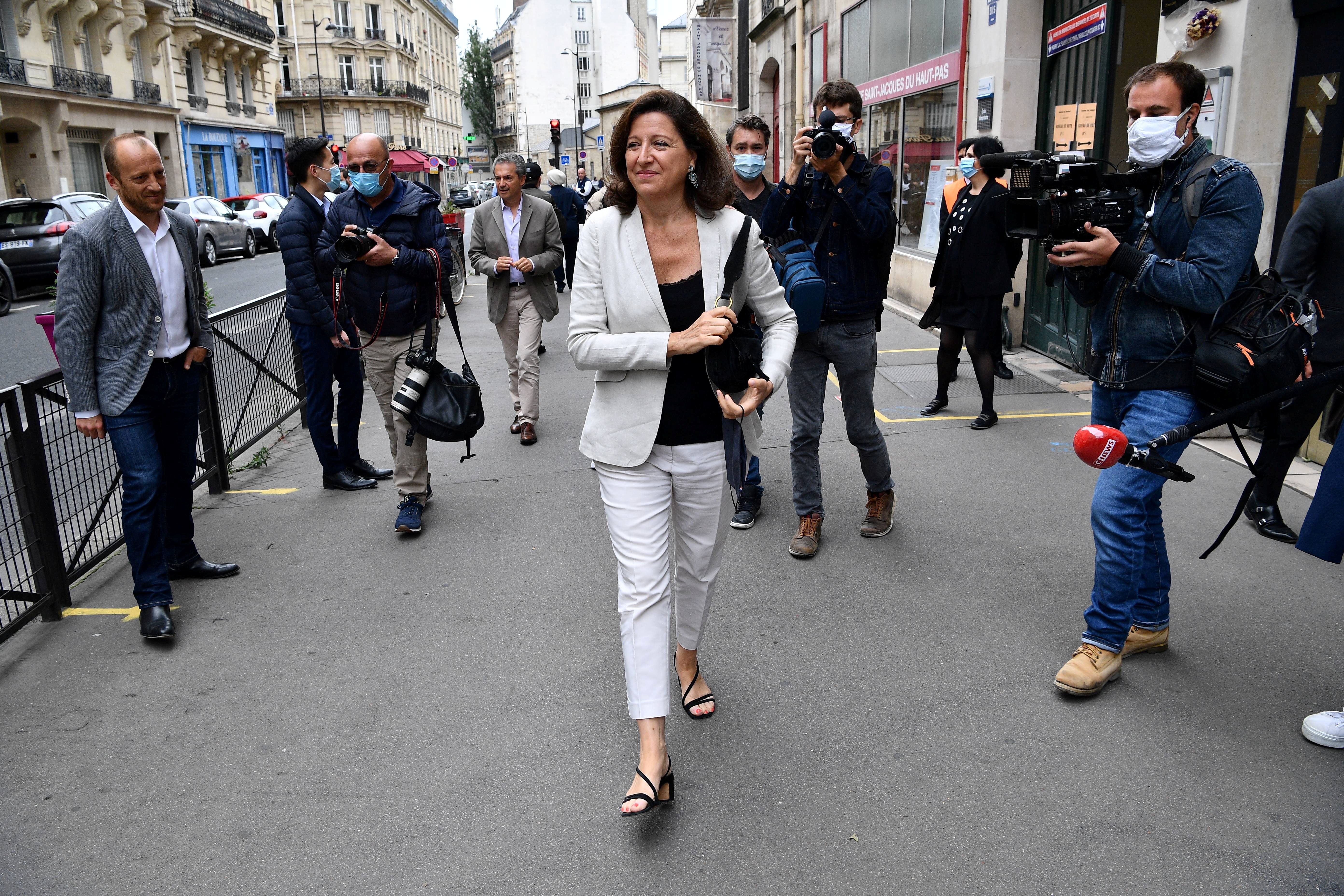En Marche’s Defeat in French Local Elections

The local elections proved the weakness of LREM in local politics. The party did not win in the first round in any of France’s 10 largest cities, coming in third or worse, behind the centre-right Les Républicains (LR) and left-wing coalitions consolidating the Greens (EELV) with the Socialists (PS) and sometimes the Communists (PCF). The poor first-round results forced local LREM activists to form coalitions—mostly with the LR—before the second round. As the centre-right performed surprisingly bad in those elections, LREM’s central leadership worries that its control over local communities could weaken, making the government’s anti-crisis plans more difficult to implement.
Failed Candidates
LREM emerged as an election platform for Macron one year before his presidential run in 2017. The movement’s force is based on the presidents’ popularity, a group of experienced politicians from the centre-left (Jean-Yves Le Drian) and centre-right (Edouard Philippe), as well as on younger activists with business backgrounds (Stanislas Guerini). The bid to attract politicians from other parties should have worked also in local politics, but instead it failed: the experienced local leaders joining LREM claimed too much autonomy or lost credibility with voters.
An example of this is Gérard Collomb, who attached himself to LREM from the very beginning. Before that, he was a long time PS activist, the mayor of Lyon, minister of interior, and president of the Lyon metropolitan area. Thanks to him, France’s third-largest city had for a long time served as Macron’s fortress. But LREM’s support for Collomb broke off suddenly one month before the second round of local elections. Because of his poor result in the first round, Collomb agreed to withdraw from the metropolitan council elections and support the LR’s candidate in exchange for the Republicans’ support for his political ally, Yann Cucherat, to the city council of Lyon. His unilateral decision was immediately rejected by LREM’s Central Appointing Commission, which withdrew the party’s support for both Collomb and Cucherat. Collomb’s conflict with LREM is even less understandable given that similar alliances in other cities (Bordeaux, Strasbourg) elicited no reproach. All of this paved the way to an unprecedented victory by the Green Party candidate for Lyon city hall, Grégory Doucet.
The withdrawal of support for Collomb unveiled the contradiction in LREM’s tactic of drawing closer to independent and experienced political personalities and its political management’s consolidating tendencies. Thanks to the latter, Macron is able to maintain his role as supreme arbiter but the movement will not avoid internal conflicts in the long term.
In another case, before he became prime minister, Edouard Philippe, had been the centre-right mayor of Le Havre. To help his party in local elections, he stood for the mayor’s chair in the last elections. He won in the second round with 58.8% of votes, but hasn’t left the government. Although understandable in tactical terms, this approach harms LREM’s image, reducing it as a party to central politics that neglects the local sphere.
LREM candidates also didn’t succeed in Paris. Local preferences in the French capital are particularly strongly influenced by central politics. That should increase the vote expectations of the ruling party. However, LREM’s first candidate for mayor, Benjamin Griveaux, a very close aide of Macron, had to withdraw after a sex scandal. His successor, the former Health Minister Agnès Buzyn, took only third place in the first round, held in March despite the onset of the COVID-19 pandemic. Buzyn was criticised for leaving government just before the outbreak and tried to defend herself by claiming it was the prime minister’s responsibility. That harmed LREM’s results in Paris even if the party, which won more than 10% of the votes, was able to run in the second round. The final results were catastrophic for LREM (only 14%) and Buzyn didn’t even join the city council, not to mention defeat the Socialist incumbent, Anne Hidalgo, who was re-elected (48%), nor her main adversary from LR, former Sarkozy government Justice Minister Rachida Dati (35%).
Ideological Problems and Competition
The syncretic choice of party candidates and heterogenic campaign alliances watered down LREM’s image. Macron and the party’s central management may perceive it as an advantage, though, because it makes it easier to adapt the authorities’ image to changing social moods. During the pandemic, the head of state was eager to use social rhetoric and announce the possible revision of economic policies. However, as the lockdown ends, Macron and LREM are quickly returning to their old image of pragmatic reformers aiming to improve the performance of the French economy. It became obvious after the first round that gaining mayors in crucial cities would be impossible, so the party aimed to obtain influence on at least some them through alliances with the least problematic partners.
LR seemed to be one because of similar economic conceptions. But the progressing rebirth of LR popularity after years of a deep crisis is perceived by LREM as a potential risk. That was the main reason why the president’s party was so selective in its alliances with the centre-right. The lack of an LREM-LR coalition in Lyon, Lille, Toulouse, and—above all—in Paris, can be explained by the former’s fear of supporting potential future LR leaders that may rival Macron. The high crime rate in the suburbs of many big cities made security one of the main topics of the campaign, and a particularly sensible one to right-wing voters. LR was much more comfortable in addressing clear responses than the liberal LREM.
Disagreements between LR and LREM before the second round paved the way to victory for Green and left-wing candidates, not only in Paris and Lyon but also in Marseille, Bordeaux, Lille, and Nantes. Dealing with those mayors is much more difficult for the president and government. Left-wing parties, although often in conflict between each other, agree on their criticism of Marcon’s policies in matters highly important to the left-wing electorate, such as social welfare and ecology. The Socialists and Communists bash LREM’s austerity measures and the Green leaders for being too slow in the ecological transformation. LREM politicians are not credible to left-wing voters because Macron’s social rhetoric during the pandemic stands now in heavy contrast with the LREM-LR alliances and previous government decisions.
Conclusions and Prospects
LREM’s poor performance in local elections, although limiting Macron’s power, can make French politics more consensual. Opposition-led city councils will determine the composition of the new Senate, maintaining its role as a moderator in a political system otherwise dominated by the strong executive. The inter-chamber negotiation procedure will slow the legislative process but reinforce its legitimacy.
The government and president’s potential conflicts with key mayors may deepen tendencies to accumulate power in Paris. That would block Macron from pushing decentralisation forward, one of his promises in the presidential campaign. Favouring obedient cities could became an instrument of power for the government, especially in the distribution of anti-crisis aid related to the pandemic.
The scenario of conflict is even more probable with the significant electoral success of the Green left and surprising defeat of the centre-right in the second round. The Green Party suffers, however, from a lack of known leaders, which can make it more difficult to translate their success in local elections to the central stage, still dominated by the president. Macron remains LREM’s most important asset. The president can also recompose the government to be more effective in competition with the emerging Greens.


